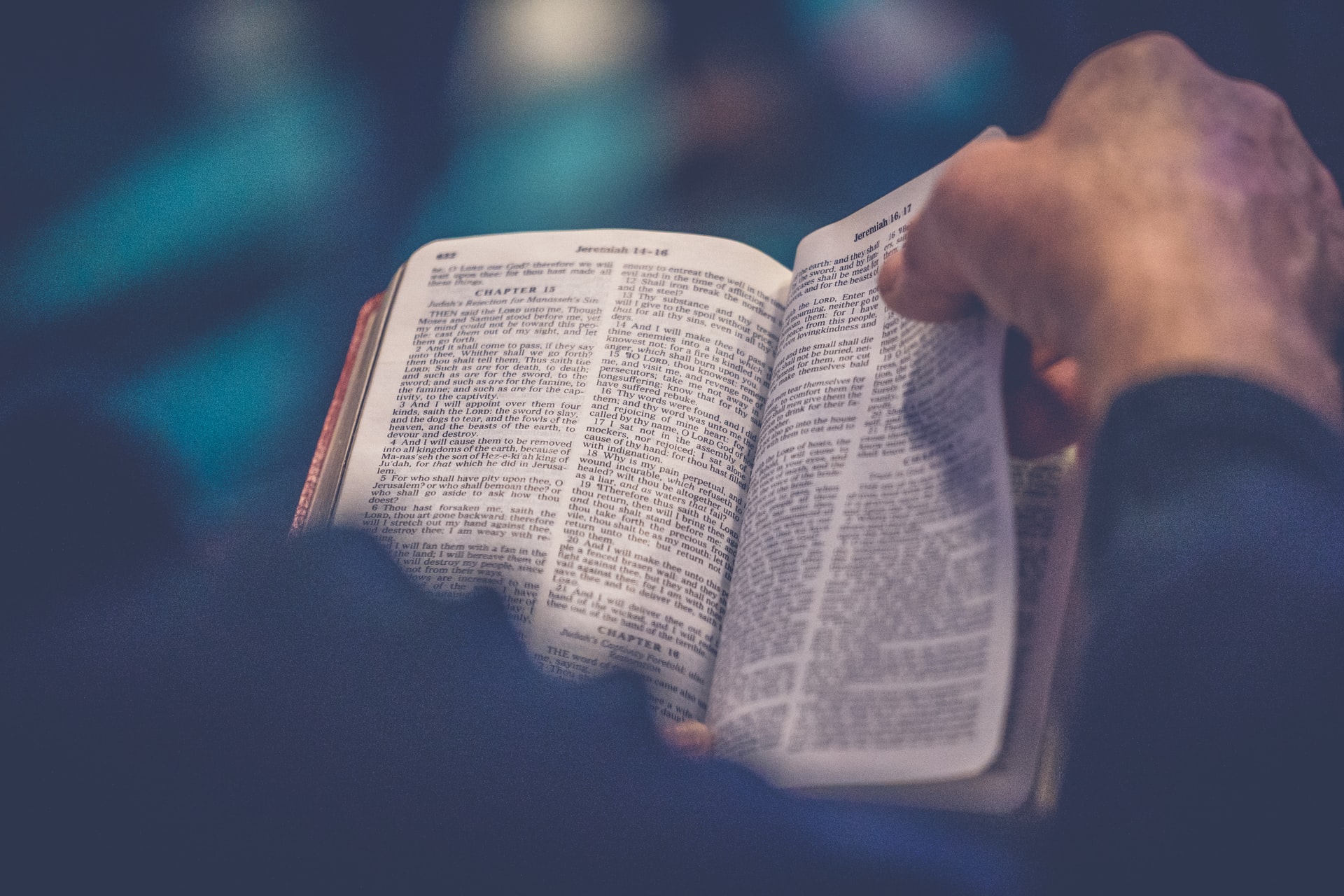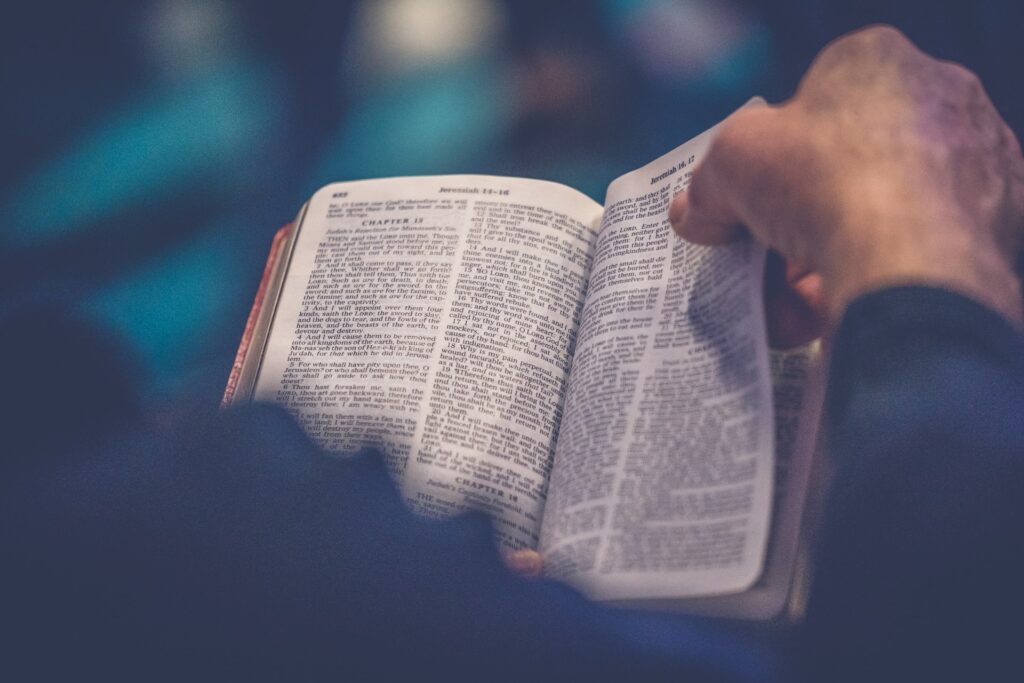What do you do when you maybe don’t believe the Bible—or at least a particular part of it?
Amos 3 has a list of rhetorical questions from God: “Does a lion roar in the thicket when he has no prey?” “Does a trap spring up from the earth when there is nothing to catch?” And so on. They are all pretty clear, but then comes the final one: “When disaster comes to a city, has not the Lord caused it?”
Do I, can I, believe that God causes disaster? Allows perhaps, uses even, but causes? Is this a matter of semantics or translation, or do I have a real problem here?
It reminds me of a song I wrote years ago for our church at the time. The song incorporated the various texts we were using around the theme of “asking.” One line was, “We ask, giver of good and bad, ‘Why, oh why?’ ” It is based on a passage from the Book of Job, that says God gives both good and evil (Job 2:10, KJV). When I presented the song to the church leadership before leading the congregation in the song, this was the one line they wanted me to think a little bit more about. What was suggested, and ended up being the final line, was, “We ask, sovereign of good and bad, ‘Why, oh why?’ ”
I struggled with this because it felt like they were squashing my lyric. I thought that the scripture passage I was referencing was very clear that God was the giver of good and evil. Plus, it also felt kind of edgy and provocative, so why were they trying to change my lyric?
I’m glad they did. There is a difference between giving evil and being sovereign of it, and I think there’s a difference between allowing disaster and causing it.
And still the difficult question: “What do we do with these verses in Scripture that seem to promote God as inflicting evil and destruction?” What do I do with them if I feel that my understanding of God doesn’t line up with that?
There was once a time that I would say, “If your thinking doesn’t line up with Scripture, then you need to rethink your thinking.” However, I’m continually learning it’s not that simple, not at all. Once again along this Bible-reading journey I find that Jesus throws a curveball into everything, and reshapes for us how we understand Scripture, who God is and what God causes and allows.
When I originally posted a version of this reflection on Facebook, I reached out to those who originally encouraged me to adjust my lyric, asking if they had any further thoughts that might help with this age-old theodicy predicament, “Why does God allow evil?”
Here’s what one of them replied: “I’m not sure we have a final answer to this question. One thing we do know is this: God has come near to us in our distress. God’s sovereignty isn’t exercised at a great distance. He joins with us and, in fact, goes ahead of us into the worst. This is what is revealed to us in the gospel. It’s the great surprise. No one saw it coming, even Jesus’ closest followers, that Israel’s Messiah, the long-awaited king—Immanuel—would take up his earthly rule by surrendering his life to death. . . . When we go through the worst of times, we are not alone. Jesus has gone ahead of us into those trials and difficulties. And he meets us there . . . not merely to join with us in our suffering, but to lead through it to new life.”
Joshua Penfold (penfoldjoshua@gmail.com) is a support worker, songwriter and Scripture wonderer.
Read more Tales from the Unending Story columns:
God as our inheritance
Praying for the prophets
A spiritual disruption
A living metaphor
An intentionally inconsistent cat









Leave a Reply
You must be logged in to post a comment.